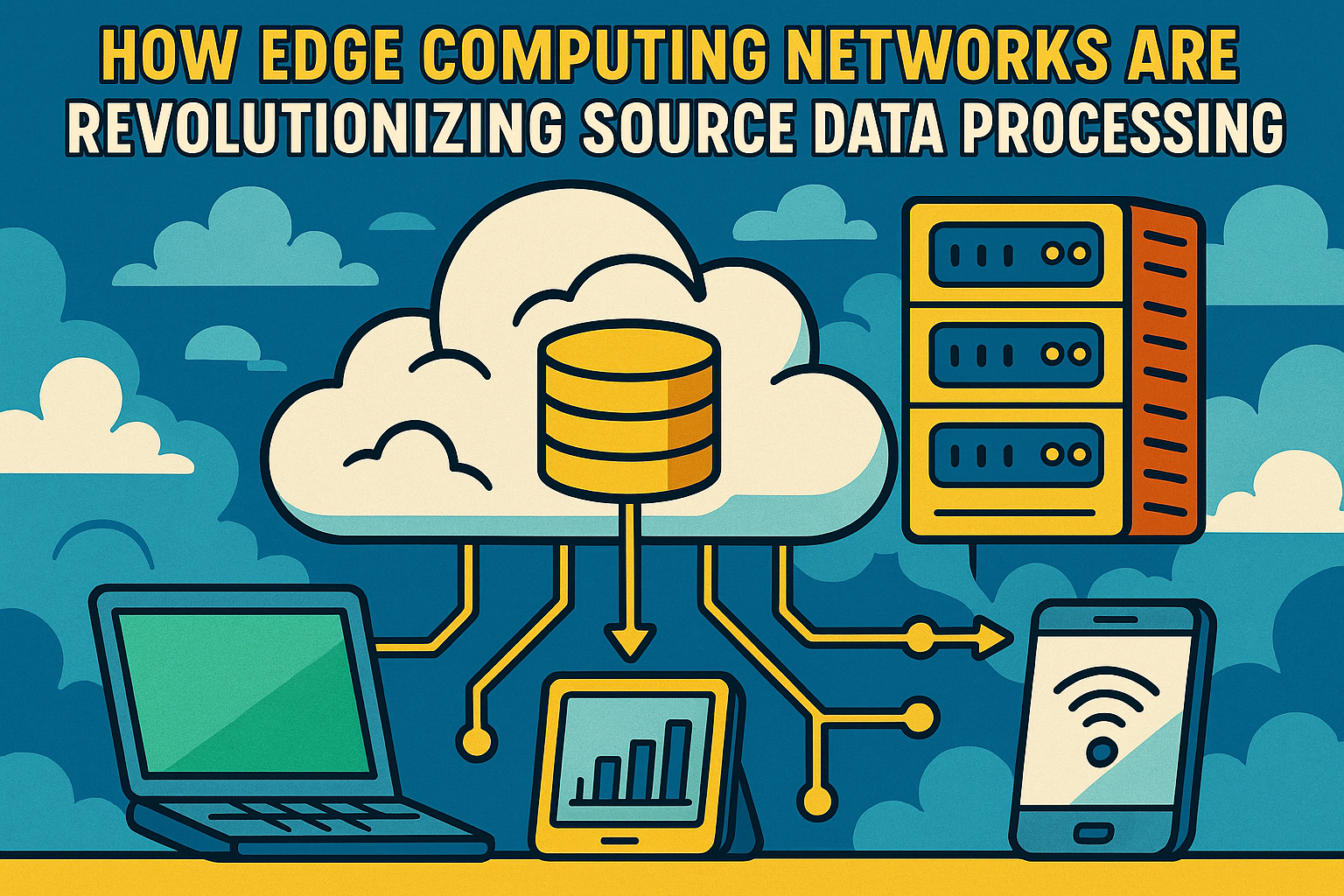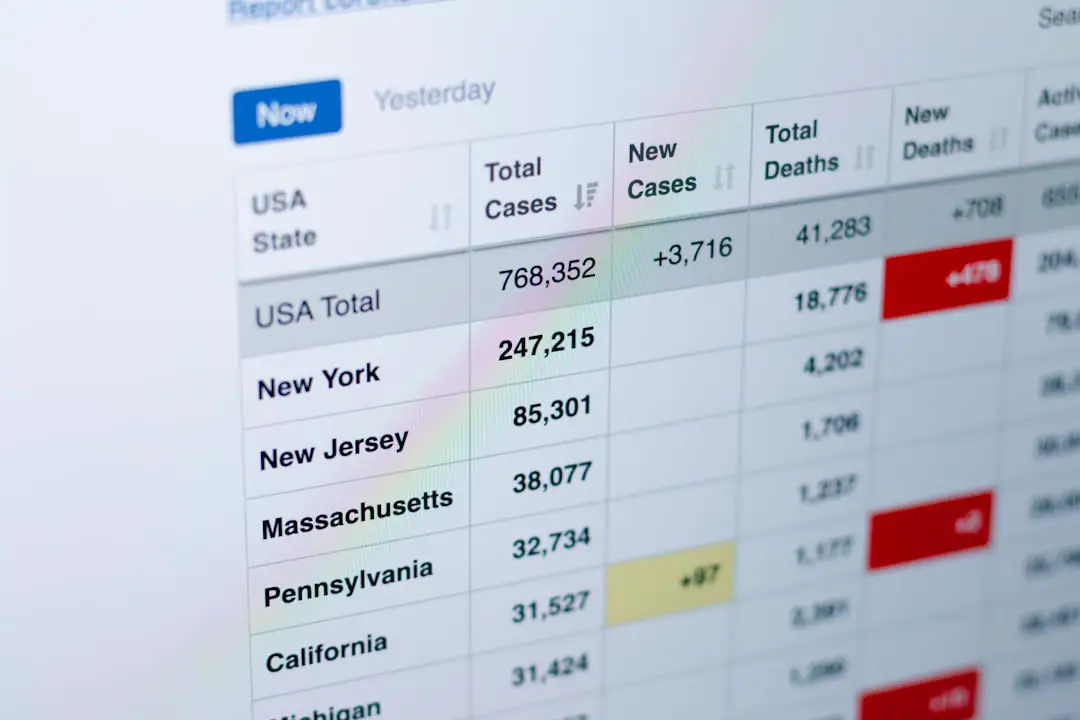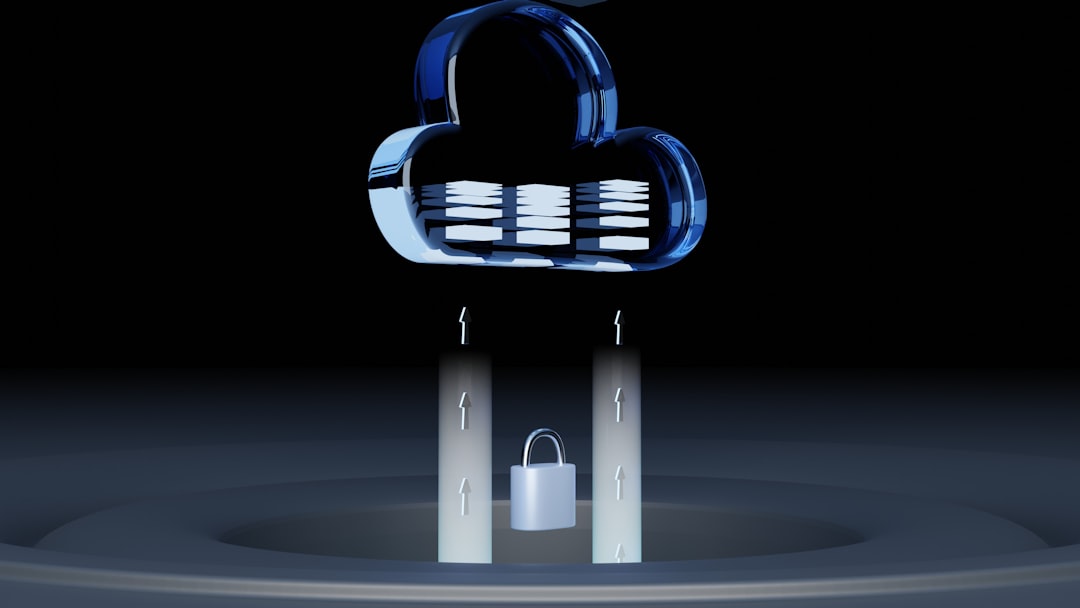In today’s ever-evolving digital landscape, maintaining robust network security is not just a priority—it’s a necessity. Organizations around the world rely on content delivery networks (CDNs) and security services to shield their websites and applications from cyber threats. Among the most popular of these services is Cloudflare, known for its DDoS protection, Web Application Firewall (WAF), and global performance optimization. But while Cloudflare is a market leader, it’s not the only option. Some companies and developers seek alternatives that offer more customization, transparent privacy practices, or different pricing models. If you’re exploring Cloudflare alternatives, whether for performance gains or to better align with your enterprise’s security philosophy, you’re in the right place.
Why Consider Alternatives to Cloudflare?
Cloudflare offers a robust suite of services, but it’s not a one-size-fits-all solution. There are several reasons why businesses may choose to look elsewhere:
- Privacy Concerns: Some organizations find Cloudflare’s visibility into network traffic to be too extensive, raising concerns over data ownership and regulatory compliance.
- Vendor Lock-In: Migrating away from Cloudflare’s tightly integrated ecosystem can be difficult once deeply embedded.
- Customization Limitations: Advanced users may find Cloudflare’s dashboard restrictive for certain configurations or security policies.
- Cost Tiers: While Cloudflare offers a free plan, enterprise-grade features can become costly quickly, especially for growing businesses.
Whether you’re seeking greater transparency, improved performance in specific regions, or just more granular control, there’s a growing list of Cloudflare alternatives to consider.
Top Cloudflare Alternatives Worth Exploring
Let’s dive into some of the best alternatives to Cloudflare across different use cases, covering security, performance, and pricing.
1. Akamai
Akamai Technologies is one of the most established players in the CDN and cybersecurity market. With a robust global network, it offers high-performance content delivery and enterprise-grade security services, including DDoS mitigation and application firewalls.
Key Features:
- High-capacity DDoS protection
- Advanced threat intelligence
- WAF and bot management tools
- Custom edge computing solutions
Akamai’s platform is highly customizable, making it well-suited for large enterprises with complex infrastructure needs.
2. Fastly
Fastly is a cloud platform for developers that offers edge computing, CDN, and security solutions. It’s known for ultra-low latency and developer-friendly tools ideal for modern architectures such as JAMstack or microservices.
Key Benefits:
- Real-time logs and monitoring
- Full API support for integration
- Edge cloud platform ideal for dynamic content
- Advanced WAF via Signal Sciences acquisition
Fastly appeals to businesses seeking control and speed without compromising on security.

3. Imperva
Imperva specializes in cybersecurity, offering a cloud-based WAF, DDoS protection, and anti-bot services optimized for financial institutions, e-commerce, and SaaS providers.
What Sets It Apart:
- Superior bot detection and mitigation
- Comprehensive threat research labs
- Compliance-focused solutions (e.g., PCI DSS, GDPR)
- Integrated database and application security
If you’re more concerned about securing your applications than accelerating them, Imperva is a strong contender.
4. StackPath
StackPath provides edge computing solutions along with an intuitive CDN and WAF platform suited for SMBs and developers. It’s especially favored for its transparent pricing and configurability.
Main Advantages:
- Simple and developer-friendly UI
- Instant rule deployment via edge rules
- API-first architecture
- WAF included with all plans
StackPath is perfect for businesses wanting a reliable and affordable alternative to Cloudflare with fewer constraints on customization.
5. Bunny.net
Bunny.net—formerly BunnyCDN—is an affordable, high-performance CDN that’s surprisingly feature-rich. With its global network and user-friendly console, Bunny.net is growing rapidly in popularity among developers and small businesses.
Why Users Choose Bunny:
- Pay-as-you-go pricing model
- Real-time analytics and performance tuning
- Built-in DDoS protection and WAF
- Ease of integration with WordPress and other CMS platforms

Bunny.net is excellent for those who are budget-conscious but unwilling to compromise on performance and security.
How to Choose the Right Alternative
Choosing the right Cloudflare alternative depends heavily on your specific needs. Here are a few important criteria that can help guide your decision:
- Security Needs: If your threat environment is complex, look for services with sophisticated threat detection and response capabilities.
- Performance Requirements: Ensure the provider has Points of Presence (PoPs) near your users for lower latency.
- Integration Flexibility: If your infrastructure is built on microservices or serverless, opt for platforms that offer rich APIs and real-time control.
- Pricing Model: Decide whether a subscription or usage-based model makes more sense for your traffic patterns.
- Compliance Objectives: Make sure the provider supports compliance requirements relevant to your industry and geography.
Self-Hosted Options for Maximum Control
If you are an advanced user or enterprise seeking granular control, self-hosted alternatives may offer what you need. Tools like NGINX, Varnish, and even Traefik allow for creating customizable reverse proxies and CDNs.
These options are best for companies with strong DevOps capabilities. While they may involve a steeper learning curve and require infrastructure management, they offer unprecedented control over caching, load balancing, and security features.
The Importance of a Multi-Layered Approach
Regardless of the provider you choose, best-in-class network security requires a multi-pronged strategy. It’s not just about choosing between Cloudflare and its alternatives, but about ensuring all layers of your application stack are protected.
Consider combining:
- A DDoS mitigation service
- Secure DNS resolution (e.g., DNSSEC)
- Regular patch management
- Web application scanning and firewalls
- Security-first code development practices
Having a layered approach ensures that if one defense line is breached, others can still protect your infrastructure and data.
Final Thoughts
While Cloudflare remains a feature-rich and highly respected option, its alternatives are making compelling cases in today’s market. Whether driven by security complexity, performance needs, or privacy concerns, organizations have more choices than ever to safeguard their networks.
From global powerhouses like Akamai and Imperva to agile, developer-focused solutions like Fastly and Bunny.net, there’s a fit for virtually every use case and budget. Moving away from Cloudflare doesn’t mean sacrificing capability—it could mean unlocking new performance levels and enhanced control over your digital footprint.
The key is assessing your unique needs carefully and piloting the potential alternatives to see which aligns with your strategic goals. In the end, the best provider is the one that keeps your users safe and experience seamless.
